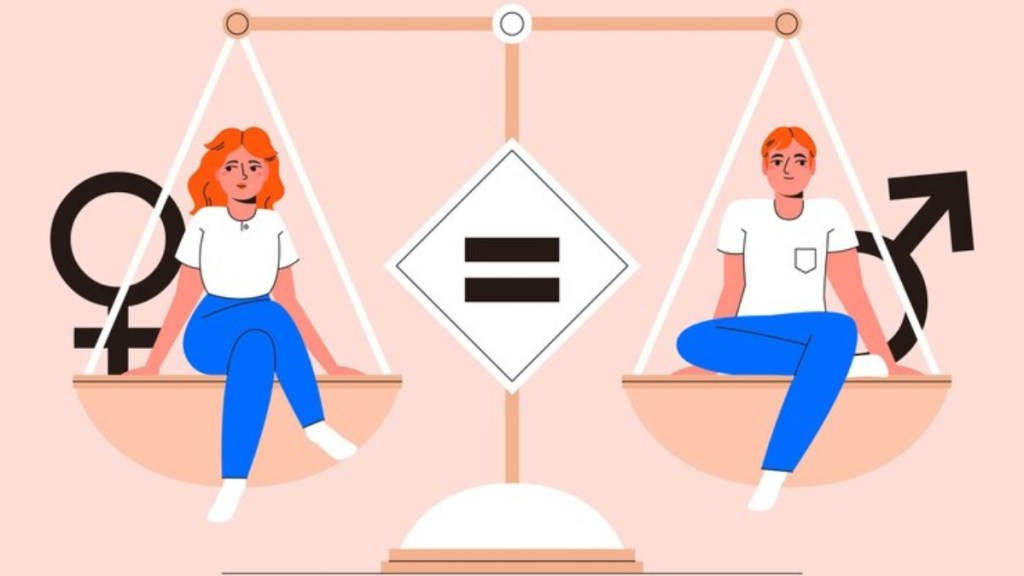The Department of School Education and Literacy has been implementing the Integrated Centrally Sponsored Scheme for School Education, known as Samagra Shiksha, since the academic year 2018-19. This scheme has undergone a revamp to align with the recommendations of the National Education Policy (NEP) 2020, according to an official release.
The primary objective is to ensure that every child, spanning from pre-school to grade 12th, receives quality education within an inclusive and equitable classroom setting. This approach takes into account their diverse backgrounds, multilingual needs, varying academic abilities, and aims to engage them as active participants in the learning process, the release mentioned.
Key components of the Samagra Shiksha scheme include supporting states and union territories in implementing the NEP 2020, aiding states in complying with the Right of Children to Free and Compulsory Education (RTE) Act of 2009, prioritising Early Childhood Care and Education, focusing on Foundational Literacy and Numeracy, and promoting a holistic, integrated and inclusive curriculum. The scheme also emphasises improving learning outcomes, addressing social and gender gaps, ensuring equity and inclusion, and enhancing the capabilities of educational institutions, as per the release.
The State Councils of Educational Research and Training (SCERTs) and the District Institutes of Education and Training (DIETs) play a crucial role in the Samagra Shiksha scheme, particularly in the strengthening and upgrading of teacher training. Financial assistance is provided to states and union territories to reinforce SCERTs and DIETs. The SCERT is designated as the nodal agency for teacher training, responsible for developing and implementing annual teacher training calendars.
Previously existing schemes such as Sarva Shiksha Abhiyan (SSA), Rashtriya Madhyamik Shiksha Abhiyan (RMSA), and Teacher Education (TE) have been integrated into Samagra Shiksha, effective from the academic year 2018-19. Additionally, the Department of School Education and Literacy introduced the National Initiative for School Heads’ and Teachers’ Holistic Advancement (NISHTHA) under the Samagra Shiksha scheme in 2019-20. NISHTHA aims to enhance learning outcomes through an integrated teacher training program at the elementary level, the release said.
Samagra Shiksha places a strong emphasis on bridging gender and social category gaps in school education. The scheme specifically targets girls, as well as children from Scheduled Castes (SC), Scheduled Tribes (ST), minority communities, and transgender individuals. Various interventions, including the establishment of schools in proximity to girls, provision of free uniforms and textbooks, additional teachers in remote areas, and specialised programs like Self Defence Training, are implemented to promote inclusivity and gender sensitivity in the learning environment.
NISHTHA covers gender dimensions in the teaching and learning process, offering training to teachers on creating gender-sensitive classrooms. Furthermore, self-defence training, known as ‘Rani Laxmi Bai Aatma Raksha Prashikshan,’ is provided to girls in government schools, contributing to their safety, empowerment, and self-confidence. This training is also extended to Kasturba Gandhi Balika Vidyalayas (KGBVs), with financial assistance provided under the Samagra Shiksha scheme, it added.
